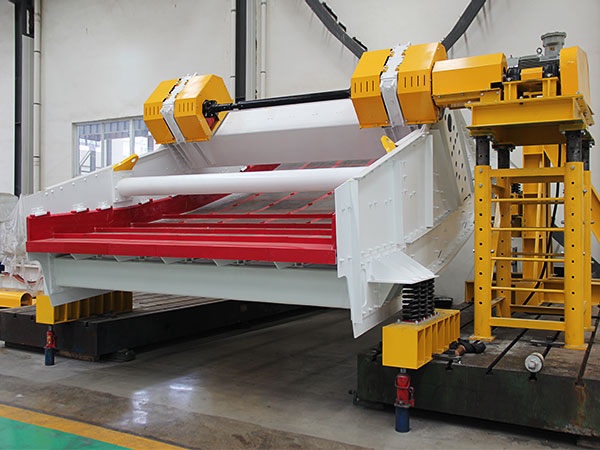The screening performance of a vibrating screen is influenced by various factors, including operational parameters, screen design, and material properties. Optimizing these factors can significantly improve screening efficiency and throughput. Here’s a breakdown:

1. Material Properties
Particle Size Distribution:
A wide size distribution may lead to reduced efficiency, as smaller particles can block the screen openings.
Particle Shape:
Irregularly shaped particles are less likely to pass through the screen compared to spherical particles.
Bulk Density:
High-density materials may require more energy for efficient separation.
Moisture Content:
Wet materials tend to clump together, reducing screening efficiency and causing screen blinding.
Material Flowability:
Poor flowability can lead to uneven distribution across the screen surface.
2. Screen Design
Screen Aperture Size and Shape:
Apertures that are too small or have an inappropriate shape can lead to clogging or poor separation.
Screen Inclination:
The angle of the screen affects the travel speed of the material and the likelihood of particles passing through the screen.
Number of Decks:
Multi-deck screens can separate materials into multiple size ranges but may decrease efficiency due to increased complexity.
...
More detailed information about the factors affecting the screening performance of vibrating screen can be clicked to visit: https://www.hsd-industry.com/news/influence-vibrating-screen-screening-performance-factors/